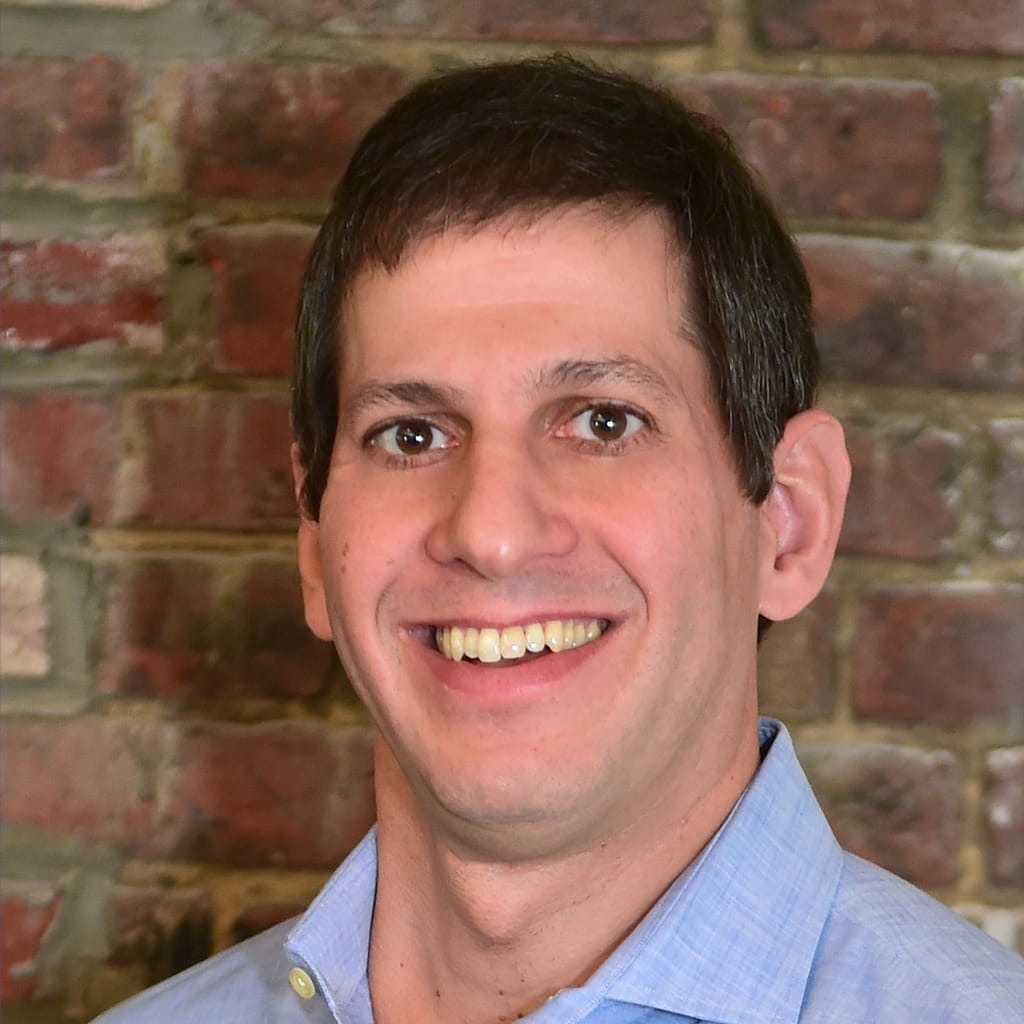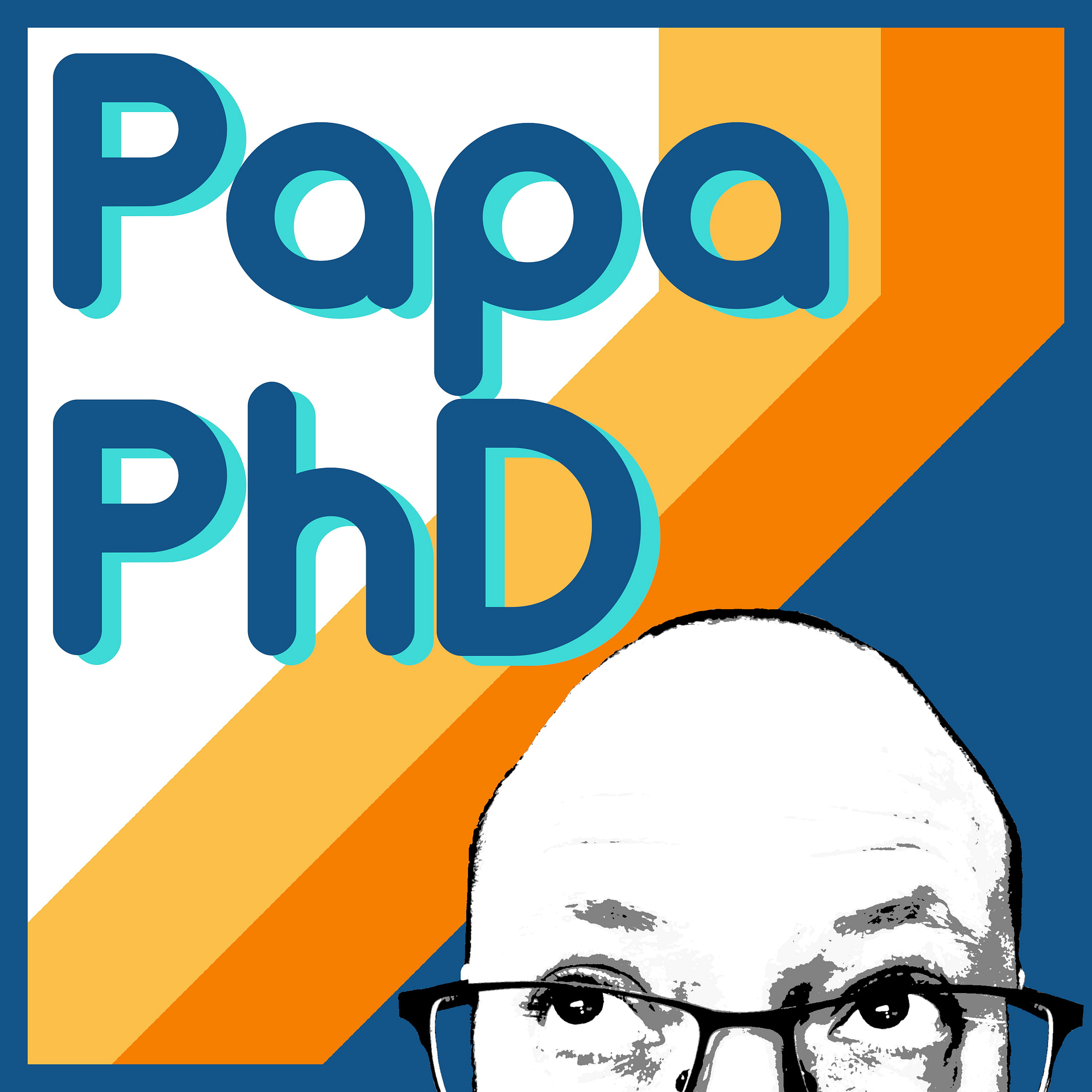In this episode, I have the pleasure of talking science communication with former U.S. Senate and House of Representatives Chief of Staff and president of Bayer Strategic Consulting, Mark Bayer. During our conversation Mark and I talked about best practices when communicating science to non-academic audiences, but we also talked about the interface between science and policy, and the role researchers and scholars can play in this sphere.
What you’ll learn about in this episode:
- The importance of considering people’s emotions when presenting them with facts
- Why you should focus on showing the trailer, not the whole movie
- Talking sicence to management, investors, and policy makers
- Key points to making talks or presentations engaging and memorable
- Points of access into policy for scientists (even graduate students!)
- The value of being authentic and not transactional in your networking
Do you enjoy Papa PhD? Leave me a comment here – one short sentence is enough! And be sure to include your Twitter handle – that way, I can thank you personally!

Mark Bayer is an international keynote speaker, coach, and course instructor helping scientists and engineers get funding, gain influence, and build relationships with their most important stakeholders. A former Chief of Staff in the U.S. Senate and House of Representatives, Mark designs and delivers interactive talks and true-to-life training that empower listeners with the same proven, powerful tools he used to effectively communicate and navigate in the U.S. Congress. Marks work has appeared in Science and The New Yorker magazine, and he has been featured in IEEE-USA’s “Lessons on Leadership” column. A guest lecturer in the Science Policy Bootcamp course at Cornell University‘s School of Engineering, Mark also hosts the weekly podcast When Science Speaks, which explores communication, science policy, and career issues. Mark is a magna cum laude graduate of Cornell University and earned his Master in Public Policy at Harvard University’s Kennedy School of Government.
Thank you, Mark Bayer!
If you enjoyed this interview with Mark Bayer, let him know by clicking the link below and leaving him a message on Twitter:
Click here to thank Mark Bayer on Twitter!
Click here to share your key take-away from this interview with David!
Mark’s pearls of wisdom:
“These kinds of things like distilling all this information that you have as a scientist and then translating it and communicating it to a non-expert in a way that’s engaging and memorable – that’s hard! That’s not an easy task. And so, I understand that it’s something that I’ve spent 20 years doing… I think I would probably blow up a lab if I was asked to do an experiment, so I sort of turn the mirror on myself. But I want people to feel like this is a skill, though. That they can learn it – they practice it, they get instruction in it, and they continue to use it. They’ll get better and better and then start enjoying it a lot, which leads to the virtuous cycle of doing it more and getting even better.”
“If you have interest in getting involved in policy, do it. Don’t put it off. And dont think that you need to do something out of the gate that’s so monumental and time-consuming. It can be as easy as following your state representative on Twitter and seeing what she’s doing. And when she does something you agree with, retweeting it. You can do that from your couch, if you want to – you can do that anywhere. And that’s getting involved at early level.”
This episode’s resources:
- Mark Bayer | LinkedIn
- Mark Bayer | Twitter
- Bayer Strategic Consulting | BayerStrategic.com ; LinkedIn
- Science Speaks Podcast | Website
- Sign Up for Mark’s course: “How to Effectively Communicate Your Science to Any Audience” – Text “science speaks” to 44222.
You might also like the following episodes:
Chris Humphrey – Career Counseling: PapaPhD.com/73
Drew Slack – Medical Affairs: PapaPhD.com/20
Kirsten Sanford – Science Communication: PapaPhD.com/13
James Bowers – Communication consulting: PapaPhD.com/39
Need to communicate your research?
The research you produce is only as good as the way you communicate it.
Scientistt Studio is an exciting science communication company that brings your research to life through a variety of services.
From as little as £59, a summary of your work can be narrated, illustrated and animated, leaving you with an engaging video to share with the world.
If that wasn’t enough, as a podcast listener you can get 10% off any Scientistt Studio service using the code “PAPAPHD” when you order.
Click on the button below, explore the range of Scientistt services and use the promo code PAPAPHD. By doing so, not only will you be on your way to better science communication, but you will also be helping me produce the show:
Thanks for being a fan, happy listening and happy sharing!
